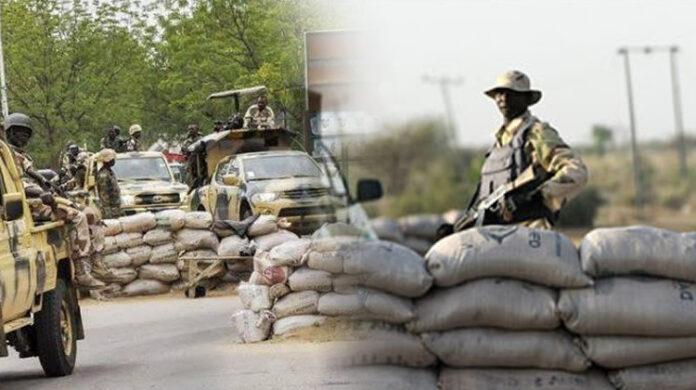Despite the spending, security agencies have maintained that the budgeted amount cannot sufficiently avert numerous security challenges in the country.
The Chief of Defence Staff, General Christopher Musa, appearing before the House of Representatives alongside other security chiefs justified the huge budget for arms purchases, noting that because Nigeria is not a manufacturer of military hardware, arms were purchased in dollars, which made the huge budget insignificant, considering the value of the naira.
He said, “We don’t produce what we need in Nigeria and if you do not produce what you need, that means you are at the beck and call of the people that produce these items. All the items we procured, were bought with hard currency, none in naira. Most times when funds are released, by the time you turn these funds into dollars, they can only get us very little.
“For example, during the last regime, about $1bn was set aside for defence procurements. Out of that amount, over $600m was for the procurement of the aircraft. So the whole money had gone.
“For any ammunition we buy, we buy it in dollars and we spend in millions. So, many times, when people see that funds are being released to the armed forces, they think it is so much but by the time you convert them to dollars, you do not get so much.
“One precision missile for our drone costs $5,000; so imagine how many we would be able to use and how many we can procure. Those are the challenges,” he said.
However, an analysis of the yearly budgets of the Ministry of Defence and 8 other armed forces between 2020 and 2022 showed that the government allotted N11,72bn, N10,78bn and N9,64bn respectively.
The PUNCH further observed that N47.02bn was disbursed for the procurement of arms and ammunition in 2023 while the recently passed supplementary budget of N184,25bn, making a total of N231,27bn.
Also, findings by our correspondent showed that the sum of N115bn was spent on the importation of arms and ammunition into the country in the first quarter of the year(last data released) which is higher compared with the last two years.
Arms worth N29.236bn were imported in 2020. In 2021, N72.5bn in arms and ammunition were imported, while N4.9bn worth of weapons were imported in 2022.
A security expert, Chidi Omeje, in an interview with PUNCH, questioned the existence of the Defence Industries Corporation of Nigeria, an agency saddled with the responsibility to manufacture arms locally.
He stated that the agency should be revamped to reduce the country’s dependence on foreign countries for arms and ammunition.
Omeje said, “The under-performance of DICON is irresponsible. The organisation was established in the same period as its counterpart in India and other countries; but today, other countries are far ahead of us. They are producing high calibre weapons but here we are, our DICON is still stuck with the production of furniture and what have you.
“You cannot rely on DICON for the production of these weapons needed by the security operatives to combat all manner of insecurity bedevilling the country. You have a country that is practically at war, you cannot wait for DICON. It is worrisome that we are still heavily dependent on foreign countries for all our weapons. The new government must make sure that DICON lives up to its responsibilities.”





















